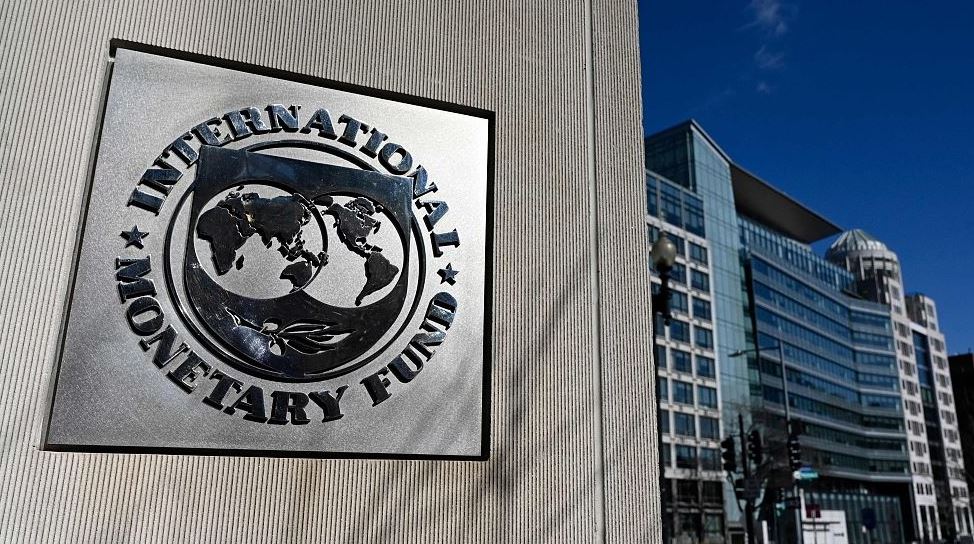
Editorial Ta Nea: Footing the bill
The adventure of Greece’s IMF bailout programme began in March, 2010, and it led to protracted hardships for the Greek people, rocked the political system, and undermined social cohesion.
Prime Minister Kyriakos Mitsotakis rightly called the period during which Greece laboured under IMF bailout programmes as a grey chapter.
That chapter has ended with Greece paying off the remainder of its debt to the IMF, which any way you look at it is good news.
The adventure of Greece’s IMF bailout programme began in March, 2010, and everyone knows that it led to protracted hardships for Greek citizens and the political system, and that it severely tested social cohesion.
The country’s huge debt and deficit, which derived from a string of political mistakes and structural dysfunctions in the post-regime change period (after the 1967-1974 dictatorship), changed everything. Being subjected to the IMF bailout’s demands was a critical turning point in contemporary Greek history.
It was also a crucial juncture for the forces of two-faced populism, which pinned its hopes politically on exploiting the then prevailing social unrest and the sacrifices that the Greek people were forced to make in order to achieve Greece’s fiscal adjustment and avoid jeopardising the country’s membership in the eurozone.
Today, we cannot simply celebrate the fact that we met our commitments to our creditors. The paying off of the IMF loan must serve as a strong reminder of the slippery slope to which we must not return, and of what we must do so as not to require new loans and fresh sacrifices.
Thankfully, we are moving forward stably, with a good growth dynamic. That is a collective success and regaining the trust of our partners is a milestone for all of us.
Let it become a lesson that can guide us to a more prosperous future.
Ακολουθήστε το in.gr στο Google News και μάθετε πρώτοι όλες τις ειδήσεις













































 Αριθμός Πιστοποίησης Μ.Η.Τ.232442
Αριθμός Πιστοποίησης Μ.Η.Τ.232442